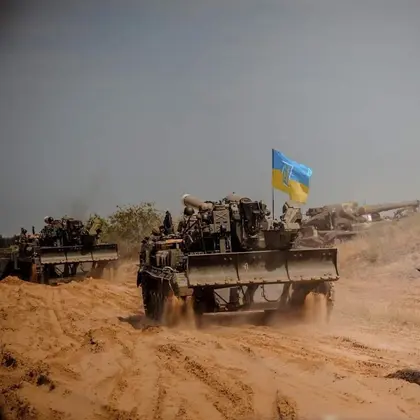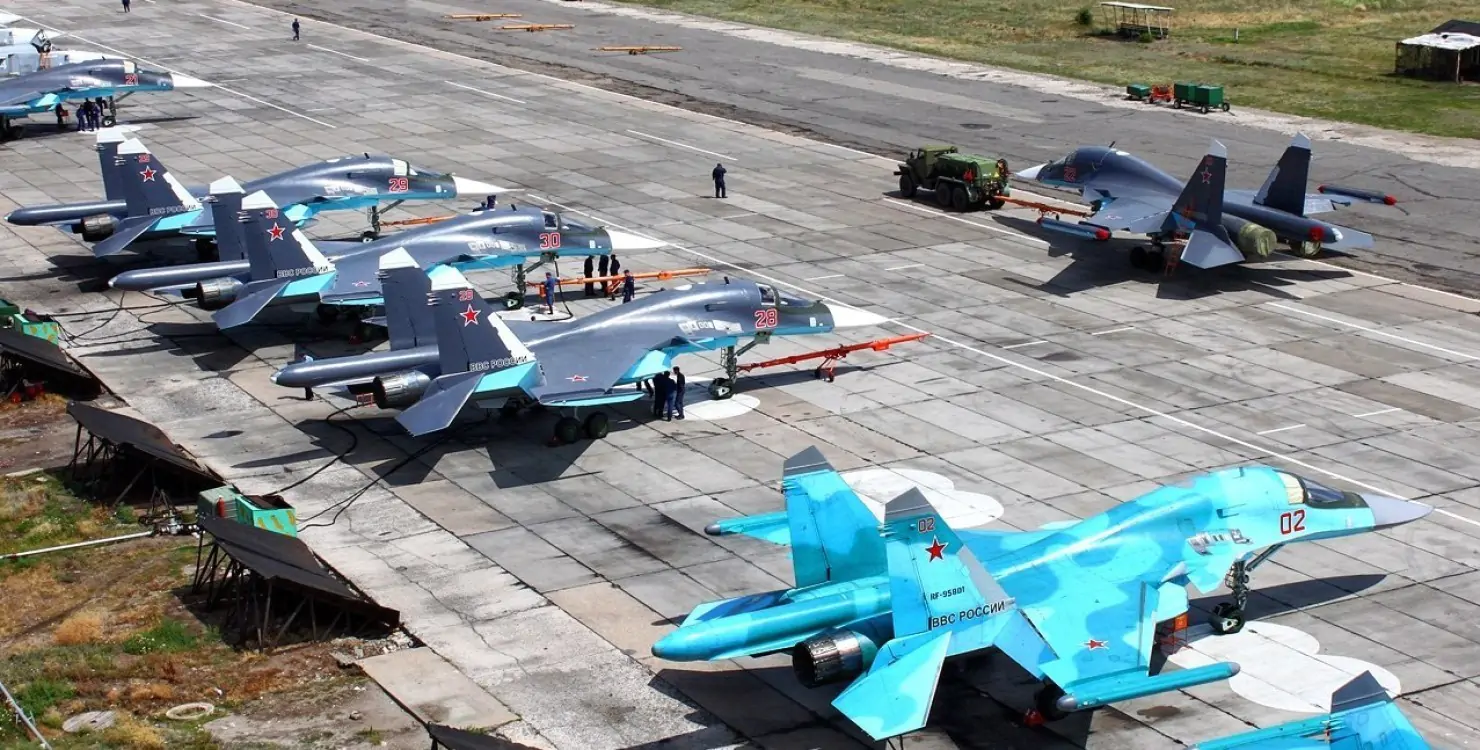Ukraine has begun a major counteroffensive to retake Kherson city and the southern region of the same name.
Kherson was the first Ukrainian city to fall into Russian hands after the invasion began in February.
JOIN US ON TELEGRAM
Follow our coverage of the war on the @Kyivpost_official.
The region and city have major strategic and symbolic importance, but the fight to take them back is likely to be long and difficult.
– What’s happening in Kherson? –
What’s happening in southern Ukraine is being described as the “third chapter” in the war with Russia.
Moscow’s troops initially tried to storm the capital of Kyiv. When that failed, fighting shifted to the eastern Donbas region, where the battle has devolved into a stalemate.
Kyiv announced action on the third front this week, saying Tuesday its forces were pressing offensives “in various directions” with “heavy fighting” across “almost the entire territory of the Kherson region”.
It says strikes targeted ammunition dumps and “almost all large bridges” crossing the Dnipro River which cuts through Kherson city, leaving only pedestrian crossings standing.
Britain’s defence ministry said Russia’s troops on the western bank of the river may now be undermanned and under-supplied, reliant on pontoon and ferry links across the river.
Russia’s defence ministry insists the attack has been thwarted and Ukraine suffered “large-scale losses” of more than 1,200 soldiers and around 150 military vehicles.

Ukrainian HIMARS Attack Blasts Russian Mobile HQ
The bigger picture remains cloudy, but AFP journalists on the ground saw a large amount of Ukrainian activity along the southern frontline on Tuesday afternoon.
– Why is it important? –
A southern coastal region, Kherson is crucial for agriculture, and important due to its proximity to the Crimean peninsula annexed by Russia in 2014.
Kherson city — home to 280,000 people — was the first major city to fall into Russian hands on March 3, and retaking it would be a major morale boost.
The region has two million hectares of arable land, and acts as a southern gateway for Russia to transport in troops and material.
If Russia can keep the corridor open, it can pressure Ukraine along two fronts. But if Kyiv can close it, it can focus on the fight to the east.
The Kherson region also sits on Ukraine’s Black Sea coast, where Russia covets warm water ports that are key to economic prosperity.
But time is of the essence.
Earlier this month a commander in the area told AFP that any Ukrainian counterattack would have to take place before the harsh winter season, when fighting will get bogged down.
– What troops are there? –
Neither side is willing to disclose troop numbers or troop movements in the region, and Kyiv’s military is urging “informational silence” around the operation.
Since early August, Russia has made “significant efforts” to reinforce numbers around Kherson city, bringing in more troops from the east, a British defence memo said Tuesday.
According to The Economist, there are thought to be between 20,000 and 25,000 Russian troops on the western side of the Dnipro River.
And on Tuesday afternoon, Ukraine said Russia was making fresh efforts “to bring in reserves” from across the river.
Analysts have suggested this counterattack may also help Ukraine’s efforts in the eastern Donbas region, drawing Russian troops away from that front.
But if Ukraine does manage to seize the city, it would also face the challenge of bridging the Dnipro River under Russian fire.
– Is Russia facing local resistance? –
The swathes of southern Ukraine taken by Russia have become a hotbed of underground resistance.
Much of it is coordinated out of the Ukrainian-held city of Mykolaiv, some 80 kilometres (50 miles) northwest of Kherson.
Agents for the resistance collect intelligence, spy on troop movements and mark targets for attack.
On Monday, a former member of the Ukrainian parliament who worked with the newly installed occupying administration in Kherson was shot dead.
Insiders have told AFP there are “thousands of people working in separate cells” in occupied regions, although the information is impossible to verify.
You can also highlight the text and press Ctrl + Enter






